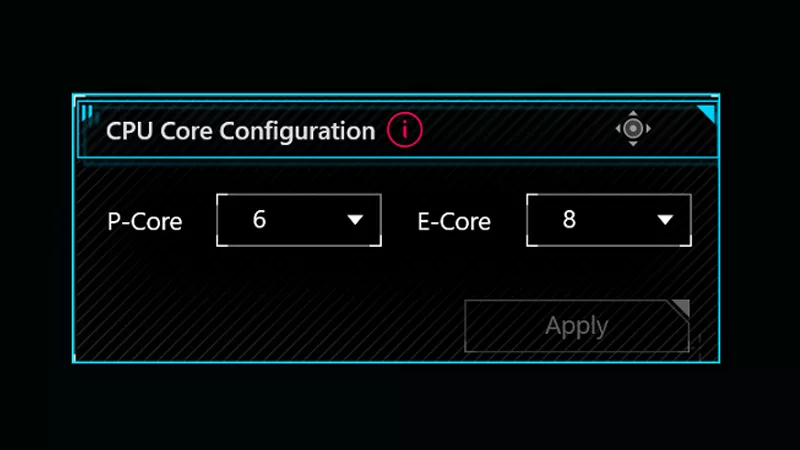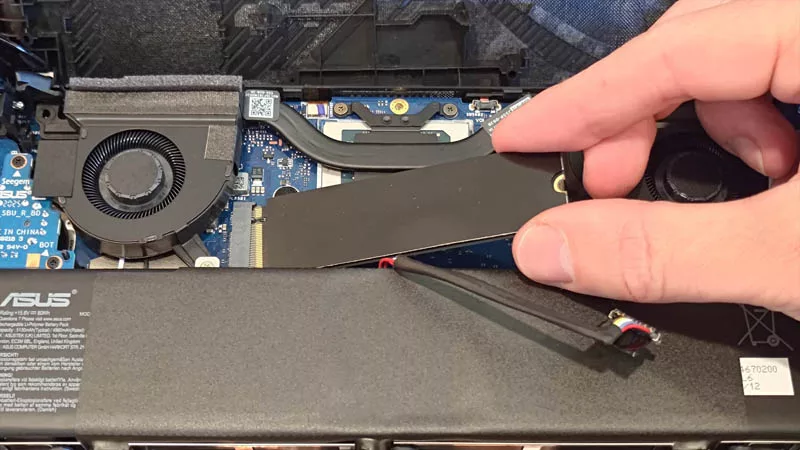Intel 750 2.5-inch SSD With NVMe And ASUS Hyper Kit
To express Intel's new 750 series SSD as 'super fast' would be an understatement; it's the closest thing you'll get to a server-spec product in a consumer product, and the first (consumer) device to bring important NVMe into your gaming or workstation rig. Available in PCI-Express card or 2.5" format, the new 750 series offers the complete flexibility depending on your upgrade plan. Naturally it doesn't use traditional SATA, or even SATA Express, instead opting for a native PCI-Express 3.0 4x connection, which yields a massive, maximum throughput of 32Gbit/s.
[gallery include="" size="large" link="file" template="file-gallery"]
Given the ubiquity of PCI-Express slots on modern motherboards, this is obviously easy to upgrade - its' the 2.5" SSD version that gets interesting. Typically the domain of SATA for consumer builds, the motherboard-to-drive connection has had to become more esoteric to accommodate over five times bandwidth increase (32Gbit/s versus 6Gbit/s). This not only requires a completely new cable - with dozens of wires and shielding - but also new connectors as well; a 'mini-SAS HD' on the motherboard side and 'SFF-8639' on the 2.5" drive.
[gallery size="large" link="file" template="file-gallery" columns="2" ids=""]
During the development the TUF Sabertooth X99 motherboard, Intel and ASUS RD together developed a new kit that lets you adapt the motherboard's M.2 slot (yielding the necessary PCI-Express 3.0 4x) into a connector for the new 2.5" SSD. While Intel ships the cable with it's 2.5" SSD, the M.2 to mini-SAS HD adapter will be known as the ASUS Hyper Kit. This Hyper Kit has been validated with all ASUS, TUF and ROG X99 motherboards - and validation is essential due to the extremely high performance of the drive, the connection has required extensive signal tuning to retain maximum performance.
 The Sabertooth X99 BIOS with Hyper Kit mode enabled under the storage configuration.
The Sabertooth X99 BIOS with Hyper Kit mode enabled under the storage configuration.
Here's how the new Intel 750 2.5" stacks up in IOPS:
Author
Popular Posts

How to adjust your laptop's P-Cores and E-Cores for better performance and battery life

Prepare for Tandem OLED splendor with these new ROG gaming monitors

How to Cleanly Uninstall and Reinstall Armoury Crate

32-inch glossy WOLED panels debut in the ROG Strix OLED XG32UCWMG and XG32UCWG gaming monitors

How to upgrade the SSD and reinstall Windows on your ROG Ally, ROG Xbox Ally, or ROG Xbox Ally X
LATEST ARTICLES

Hands-on: The ROG Raikiri Pro took my couch gaming to the next level
I've been a diehard PC gamer all my life, but I often play on the couch. The ROG Raikiri Pro has improved my living room PC gaming immeasurably thanks to a few useful features and loads of customizability.

Hands-on: The ROG Azoth became the canvas for the keyboard of my dreams
Ever since I bought my first mechanical keyboard, I’ve been on a mission to mod and upgrade, mod and upgrade. But I think the ROG Azoth may actually be my endgame.

The Zephyrus M16 blends outstanding HDR gaming performance with undeniable luxury
The new ROG Zephyrus M16, with its Nebula HDR display, is like bringing a high-end home theater gaming setup with you wherever you go.

Radeon graphics and a stellar new display reinvigorate 2022 ROG Zephyrus G14
For a long time, I had to choose between underpowered ultraportable laptop and large laptops capable of gaming. But the ROG Zephyrus G14 puts admirable gaming chops into an ultra portable machine that travels anywhere.

Ready to rumble out of the box: Hands-on with the ROG Strix SCAR 15
Living on the move or in a smaller space isn't a roadblock to high-end gaming. The ROG Strix SCAR makes portable powerful.

The ROG Zephyrus S17 is an outstanding mixture of power and portability
The S17 has it all: top-tier hardware in a slim package with all the bells and whistles.
